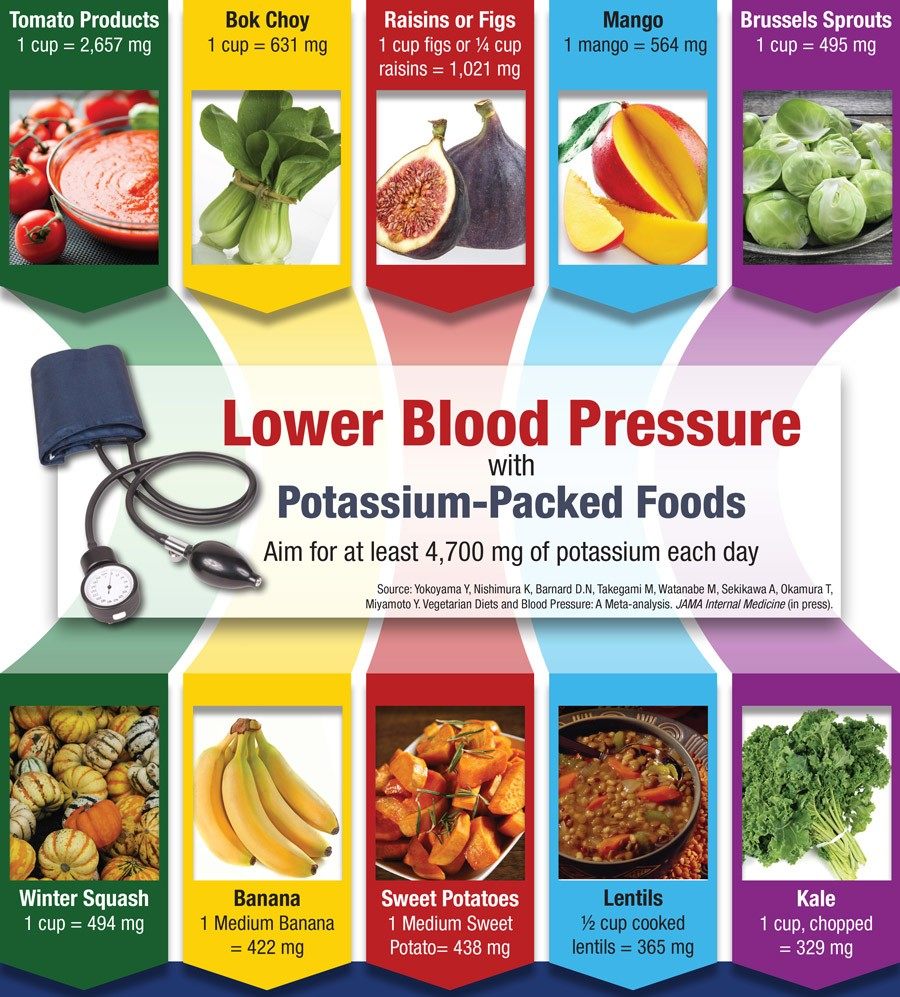Research shows an association between skin cancer and one of the most common hypertension medications. Researchers looked at the relation between hydrochlorothiazide containing antihypertensive medication and increased skin cancer risk. It has been previously demonstrated that this commonly used medication can increase lip cancer risk. This study established a clear association between hydrochlorothiazide containing hypertension medication and an increased chance of developing squamous cell carcinoma.[1]
None of other hypertension medications which are commonly used increased skin cancer risk. It had already been established that hydrochlorothiazide caused the skin to become more vulnerable to UV ray damage, but it was previously unknown that long-term usage of this hypertension medication resulted in such a large increase in skin cancer risk. The study was based on approximately 80,000 skin cancer cases and revealed that skin cancer risk is as much as seven times greater for people using hydrochlorothiazide containing blood pressure medication.
Hydrochlorothiazide is one of the most commonly used medications worldwide for treating hypertension, and is usually made use of in combination with other antihypertensive medications. It has also been used for heart problems and water retention. Only hydrochlorothiazide containing medications have been shown to increase cancer risk. Other medications containing “hydrochlor”, which isn’t chemically related to hydrochlorothiazide, do not increase skin cancer risk.
Hydrochlorothiazide induces cancer because it has a photosensitising effect, meaning that it enhances the sunlight’s harmful effects in the lips and skin, which can increase skin cancer risk. Hydrochlorothiazide increases the risk of developing the least serious kind of skin cancer, which is basal cell carcinoma. It also increases the risk of the more aggressive kind of skin cancer, which is squamous cell carcinoma that sometimes manages to spread to other areas of the body. The more hydrochlorothiazide that’s been used throughout a lifetime, the greater the risk of skin cancer, with the risk of squamous cell carcinoma as much as seven times greater for people who had been using hydrochlorothiazide in an amount that corresponded to 10 years’ or more of usage.

Image Source: pcrm
Want to use our images on your site? Right click on image for embed code
